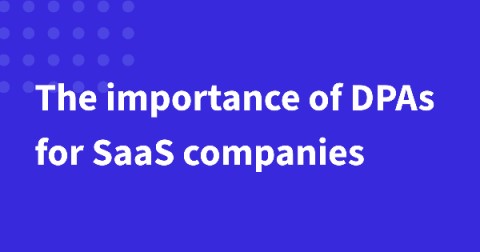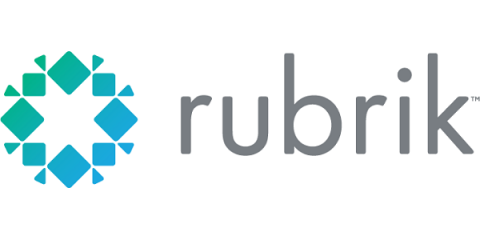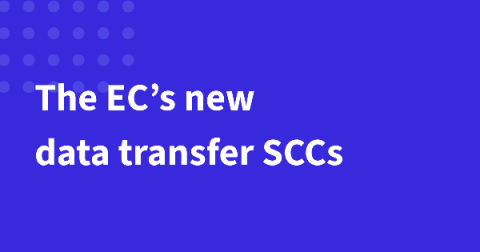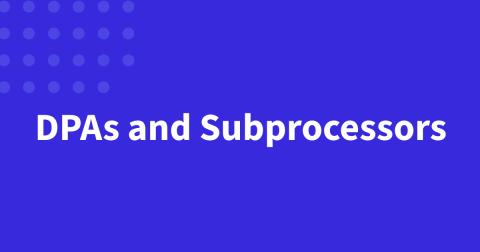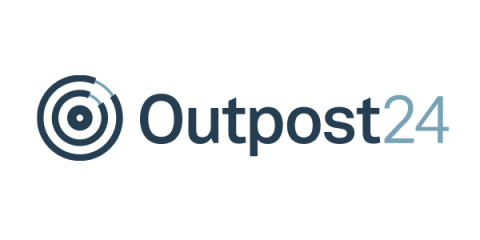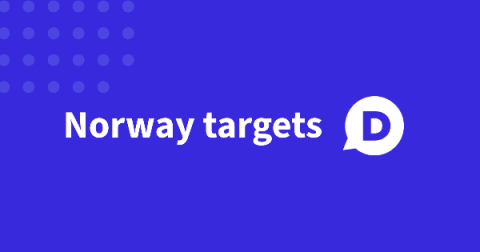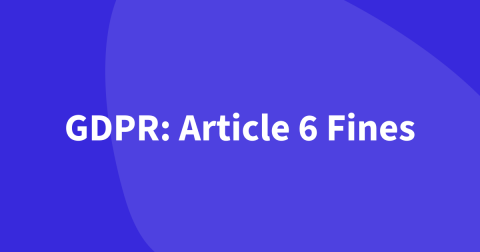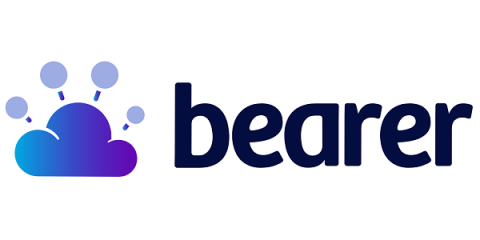Security | Threat Detection | Cyberattacks | DevSecOps | Compliance
API
Here's why your SaaS needs a DPA
While there may still be the occasional team that handles everything themselves, most software products are made up of a variety of services from different vendors. From data storage to customer management, third party data processors are a nearly unavoidable part of any organization.
Fork is The Way - Let's Make it Hurt Less
The Linux/UNIX process model creates a new process by cloning the currently running one using the fork() system call. Subsequently, exec()—or one of its variants—loads a new program image into the newly cloned child process. There are a variety of issues that stem from using this approach in modern systems. There are also various widely used techniques and APIs aiming to alleviate the issues in different ways with different degrees of success and quirks.
The European Commission's new SCCs for data transfers
The GDPR recently marked its three-year anniversary, but one aspect of compliance for many companies is much older. Standard contractual clauses (SCCs), the mechanisms that most international organizations used to legally transfer data between the European Economic Area (EEA) and third party countries—like the US—are over a decade old. For organizations moving data in and out of the EEA, the last few years have been complicated.
Do you need a DPA from subprocessors?
When it comes to GDPR compliance, contracts are some of the most powerful tools you have to show to regulators. They allow you to receive legal guarantees from your service providers and third parties that protect you from liability in the event of a breach in compliance. You aren’t off the hook for everything, but at the very least you won’t be liable for negligence.
What is API Security and how to protect them
APIs are a key part of modern web application development transforming how organizations build, manage, and scale their web and mobile services. In this blog we discuss why APIs are the new web application security, highlighting the growing challenges of API security risks and sharing best practices for preventing API attacks.
Norwegian DPA issues GDPR non-compliance notice to Disqus
This year has already seen over 100 GDPR non-compliance decisions. Mostly limited to regional companies, but a few have made larger news. The latest company poised to be fined is Disqus. Disqus is a commenting platform that companies can embed in their sites or applications to allow visitors to leave comments on individual articles or pages. Norway's data protection authority has notified Disqus that they intend to issue a non-compliance fine of NOK 250,000,000 (about EUR 2,500,000).
Article Six: The highest risk of GDPR fines
Data breaches are big news. They come with a major hit to the trust customers have with a business, and even parts of the world that don't have data privacy laws will often have some form of data breach law. It might be surprising though, for those focused on GDPR, that data breaches don't account for the greatest number, and greatest monetary value, of GDPR fines.
What is a ROPA, why you need one, and how to make the process easier.
Working toward GDPR compliance means taking inventory on the data you collect and process. You've mapped your data, have a catalog of impact assessments, but now you need a way to present it in a way that regulators can look over. As far as the general data protection regulation (GDPR) is concerned, every piece of data processing you do needs a record, and those records are stored in a record of processing activities (ROPA). Regulators use a ROPA to get a full picture of your data processing.



